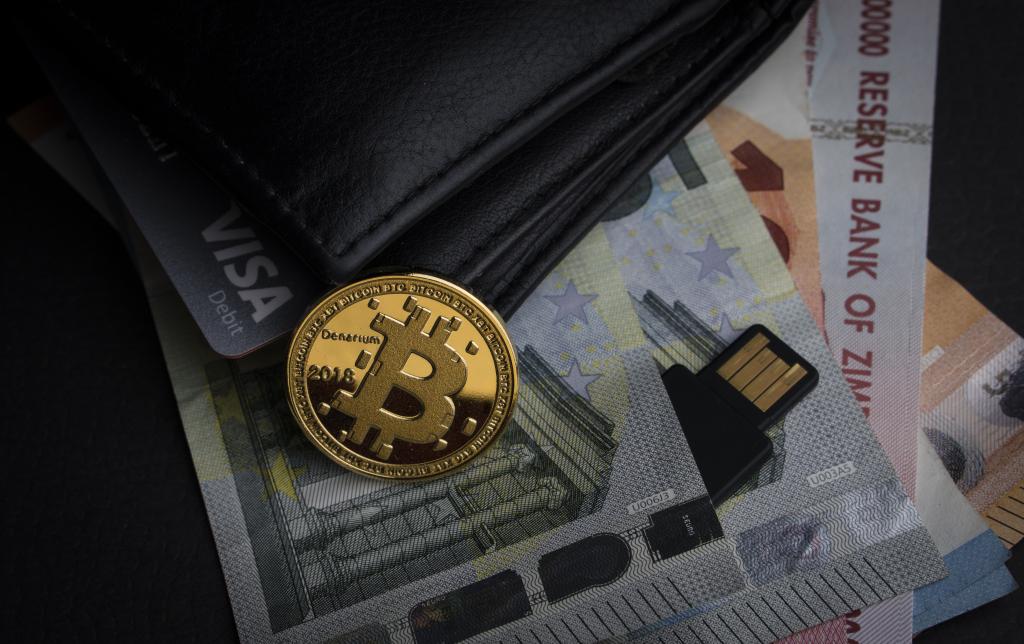It’s safe to say we all have seen news articles about hacked Bitcoin wallets and how the users have lost their funds. After that, it’s pretty hard to stay cool, calm and collected in a discussion about the safety of using bitcoin when the most significant question about Bitcoin and Cryptocurrencies is; “Are my funds safe?”
We’re here to tackle that question for you.
A lot of the security comes from your preferred wallet type and how you use it. Before we dive into the more technical stuff, let’s take a look at the basics.
There are many different types of wallets. Perhaps the most known are web, desktop, and mobile wallets. Although easy to use, they aren’t perfect for keeping your funds safe from hacking. Web-wallets have been the most targeted with hacking attempts since some of the service providers hold the private keys. Naturally, the service provider is responsible for maintaining the integrity of the wallet and keeping the private keys secret, but in case of a security break or internal-technical error the private keys and wallets could be in danger. There have been cases like Mt.Gox which customers lost around 750 000 bitcoins because of a hack towards the service provider. When choosing a web-wallet it’s advised to see if the wallet provider keeps the keys to themselves.
Hardware wallets are a popular way of storing bitcoin by those who are concerned about the security of their funds. It’s relatively easy to set up and seems to have proper protection of your funds. Hardware wallet works offline which makes it safe from any online hacking attempts; however, it’s been a concern that a vicious malware could compromise the security of the wallet, or it’s security components could be hacked, if the wallet gets in the wrong hands.
Cold storage wallets are arguably the most secure wallets. An excellent example of a cold storage wallet is our Denarium coin wallet. The wallet is never online; it’s never connected to any digital device, and only one private key is created offline under strict, supervised conditions. However, if you wish to spend the funds, you need to scan the QR-code under the security hologram with a smartphone app. In this case, the mobile-wallet is online. Read more about this here (https://denarium.com/physical-bitcoins). It’s also possible to do this all offline, but it requires a lot of knowledge and skill to do so. If you wish to know more about how to make a bitcoin offline transaction see this link (https://www.cryptocompare.com/wallets/guides/how-to-make-a-bitcoin-offline-transaction/)

Well, is there any other ways to affect the security of assets than just choosing the right type of storage unit? Yes. Many wallets are single-key wallets, which means that to access or spend the assets you only need the one private key. That might bring out some problems when it comes to the safety of the wallet. In all simplicity, the one who gets the private key has access to assets in it. Either it’s you or in the worst case a hacker.
Extra security with multi-signature bitcoin wallet
How can we prevent that? The answer comes in a multi-signature wallet, better known as multisig. 
Is multisig just an extra multiplier of complexity to the whole dimension of keeping your assets safe or does it just make everything easier? Well; Both. Multisig is more complex to set up than only receiving or creating a single-key wallet for yourself. The most popular wallet type is a single-key wallet, and even our standard option is that we create the private key and the customer has it under a tamper-proof security hologram which can be then used by the owner of the coin whenever he wants to. We do recognize the concern here. What if they keep a copy of the private key? That is nothing to take lightly, neither by the customer, nor us. We have been working on fixing that problem by being transparent in our work and providing charts and having an open database for everyone. However, this is not enough for some, and it’s completely understandable. For this reason, we have a multisig option for your coins extra security.
Multi-signature, better known as multisig, is a wallet type, which requires signatures provided by multiple private keys to move the funds from the wallet. For example, there are 2-of-3 multisig (requires two out of three keys to access), 2-of-2 multisig (requires two out of two keys to access), and so on. That creates another layer of security to the wallet since you can and should store the private keys in different locations. For instance, Denarium offers 2-of-2 multisig which is basically like two-factor authentication with two separate private keys. One key is in the coin wallet, under the secure hologram, and you can store the second key in a safe place. No one but you should ever be able to get access to the wallet unless they somehow get access to both of the keys. You can check this link if you want to know about setting up a multisig wallet. (https://denarium.com/multisig)
The wallet you choose has a significant effect on how secure your funds are, and it’s super important to know where the insecurities lie. It’s infinitely safer to use a multi-signature wallet, than just the usual single-key wallet. If you store your keys right, there’s no way of losing the control over your wallet (fire or other unfortunate events which can’t necessarily be affected by human behavior excluded). So if you want to, and can set yourself a multisig-wallet, it’s highly recommended to do so.
Securing your funds is extremely important to us, and we want to educate and offer you the safest option available in the industry.
[related_posts_by_tax posts_per_page="3" format="thumbnails" caption="post_title"]